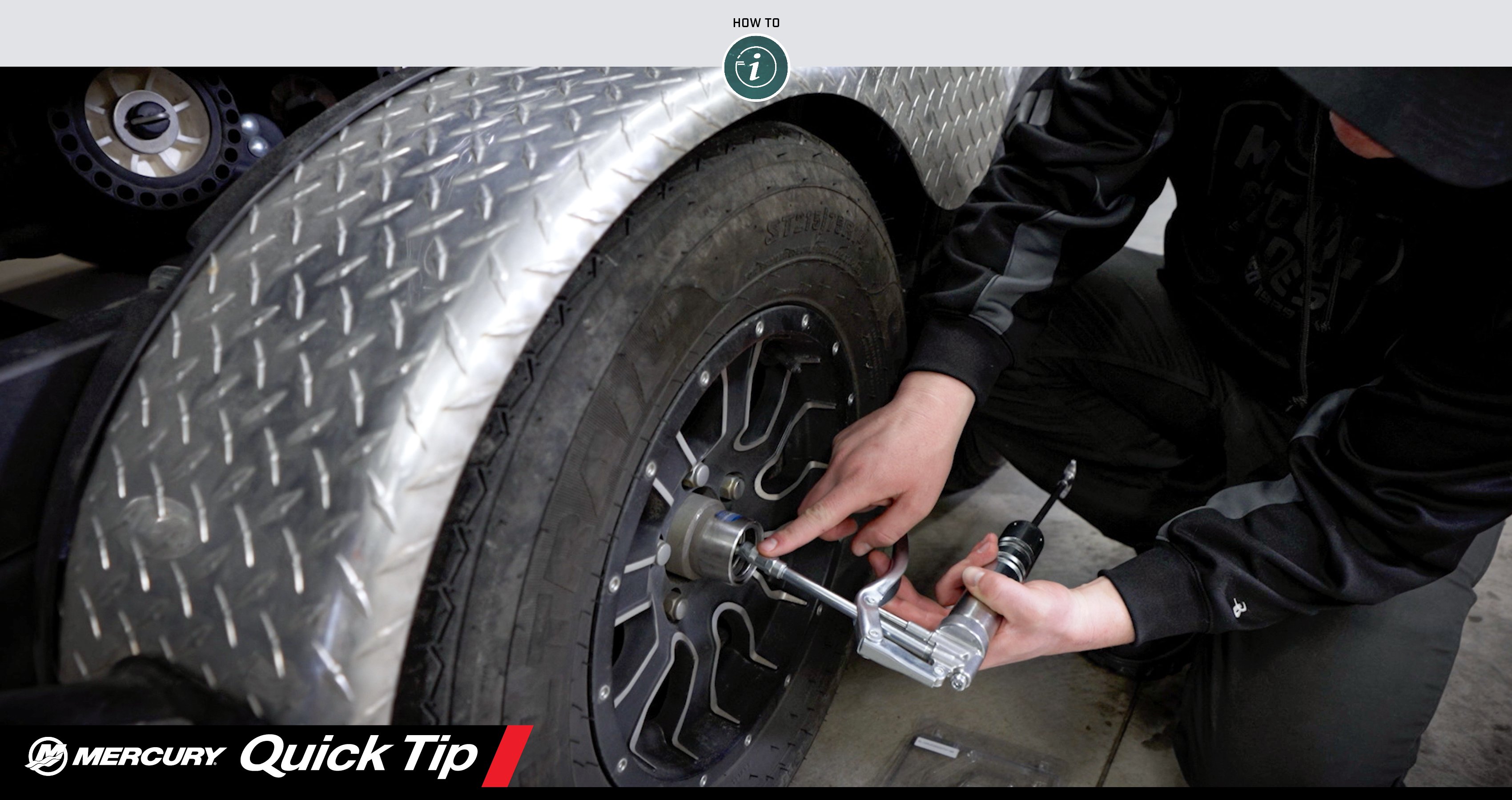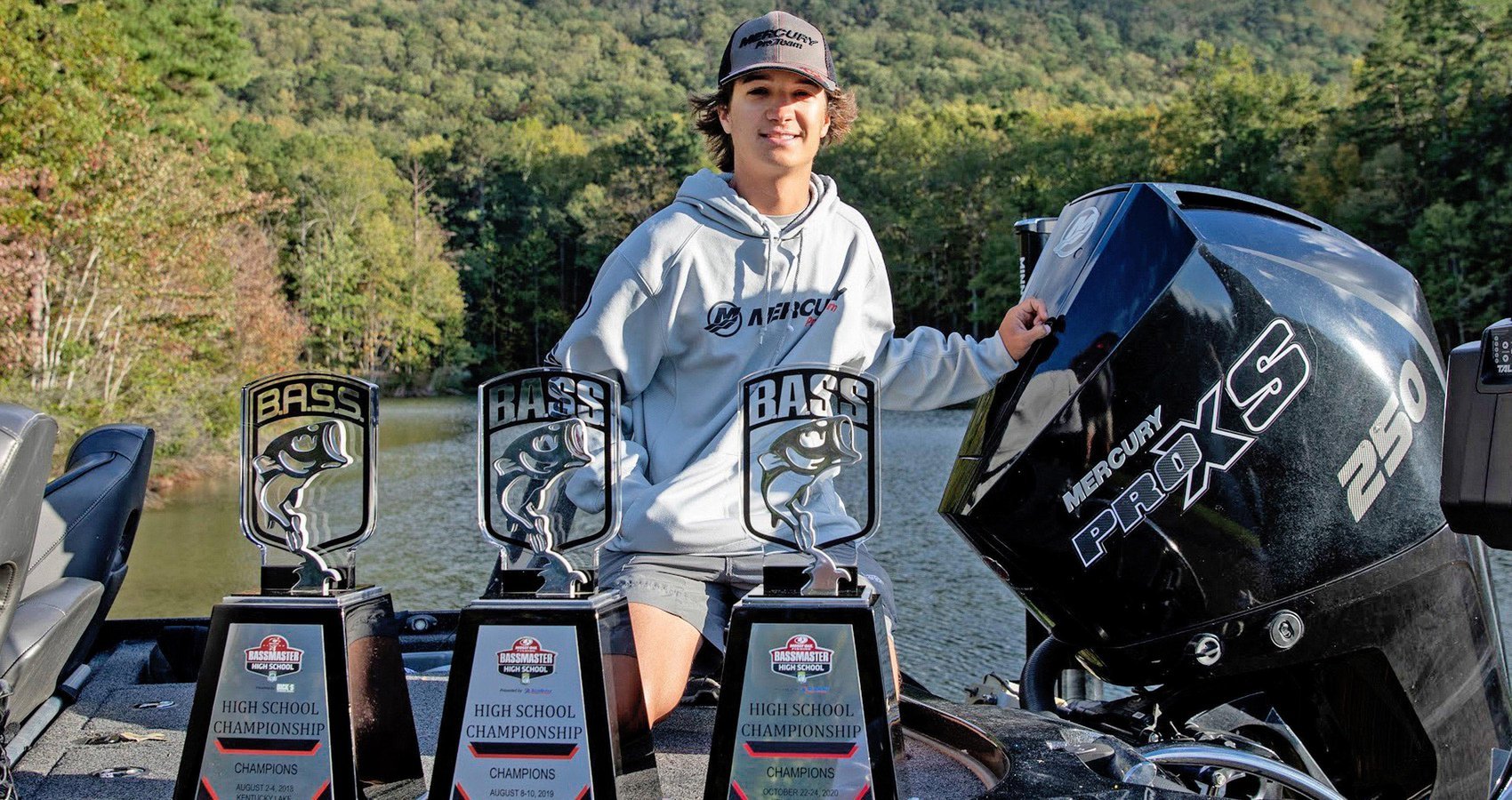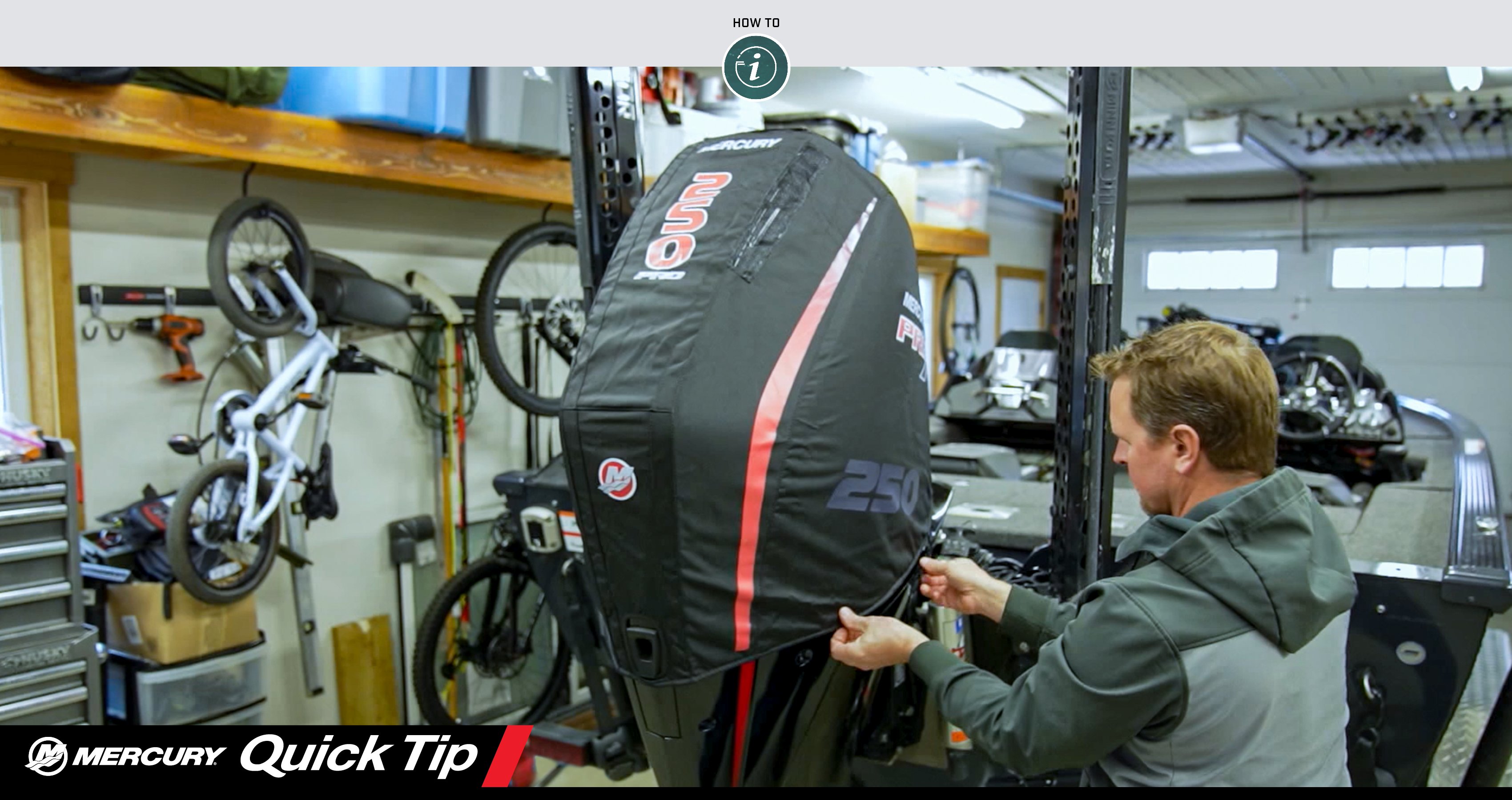When it comes to selecting a marina to keep your boat, there are several factors to consider. Depending on where you live, you may have one or two local marinas or a whole assortment to choose from. Ask your local chamber of commerce or marine industries association for a list of marinas in the area.
From there, the best place to start your research is with the physical specifications of the marinas on the list, to make sure they can accommodate your boat. Since many of today’s marinas are designed not just to store boats but also to be destinations in their own right, it’s also important to take the services and amenities they offer into account before making your final decision.
Most marinas publish their key specifications on their websites, including the total number of slips available and the maximum length overall (LOA) of the boats they can accommodate. In addition to this information, it’s a good idea to check on the depth of the water that boaters must transit to enter the marina and access their slips. This depth is usually given at “mean low tide,” which is the average height of all low tides in a given location. If your boat has outboard engines, the depth probably is not a major consideration, but there are marinas in places like the Florida Keys where water depth can be an issue even for smaller outboard-powered boats at times.
The driving distance to the marina from your home is another factor to consider, but that doesn’t necessarily mean you should pick the closest one. You might prefer to find a marina that is nearer to the places you plan to visit in your boat, like a popular sandbar, a “party cove,” a fishing hot spot or a waterfront restaurant. In the long run, driving a little farther in your car to get to your boat’s marina might end up saving time, as well as expense for pricier marine fuel.
After determining which marinas on your list can accommodate your boat physically, you might want to call them to find out if they have any slips available and if not, how long the waitlist is for a slip of the size your boat requires.
The next thing to investigate is the level of services they provide. A freshwater faucet near your slip is the minimum requirement. Everybody needs to wash down their boat after a day on the water. Most marinas also offer shore power at each slip, but the voltage can vary. If you have a small center-console and will only be using the electricity to recharge its batteries, 30 amps should suffice. But if your boat has a galley with appliances like a refrigerator and cooktop, an air-conditioning system, an entertainment system, and lighting, you will need a higher-voltage shore-power hookup to run all your boat’s equipment while it is at the dock. High-speed internet service is not a given in every marina; be sure to ask your candidate marinas if it is available and whether it is included in the dockage fee.
A few marinas offer covered slips as an upgrade. Storing your boat in one is a great way to help protect it from the elements. Other services that some marinas provide include a fuel dock, so you can always start your boating adventures with a full tank; a holding-tank pump-out station; showers and restrooms for marina patrons; and a ship’s store that sells ice, life jackets, boat-cleaning products and other items you might need for your boat. Some marinas even have a marine service center, adding a layer of convenience if your boat needs a quick repair. If you are an angler, having a bait-and-tackle shop located in the marina also can be a real bonus.
If you are keeping your boat up north, ask the marinas on your list if winter storage is available on-site. If the marina is in a hurricane zone, be sure to inquire about a plan for keeping your boat safe and secure during a major storm.
Beyond the on-site services that are available, it’s also important to discover any lifestyle amenities that the marina and its immediate environs might have to offer. Some marinas maintain a swimming pool that is open to their slip patrons. Also check to see if there are barbecue grills on shore that patrons can use to cook their catch or grill a batch of hamburgers or steaks.
Many marinas also have a waterfront restaurant or café where you can enjoy a meal after you finish washing your boat at the end of the day. If there is not a restaurant within the facility, there might be one within walking distance. The marina staff should be able to give you a list of eateries and other attractions nearby.
Naturally, the rate that a marina charges for its slip rentals, typically quoted in dollars-per-foot of a vessel’s LOA, is one of the most important factors to consider. Don’t forget that if your boat has a swim platform, it counts as part of its LOA. Shore power may or may not be included in the dockage fee – be sure to inquire. If a marina is loaded with amenities such as a pool, the slip rental fee might be higher than at other facilities – but if you have kids, it may be well worth paying a little extra.
After weighing the specifications, features and amenities each marina offers, along with its rates, you should be able to determine which one best fits your needs. Before you make your final decision, however, we recommend you visit the marinas on your “short list” in person. Meet the staff in the dockmaster’s office, check out the facilities and spend some time walking the docks. How helpful is the staff? When a boat comes in, does a dockhand come to greet it and grab the lines to help the boater tie up? Are the other people who dock their boats in the marina friendly? Do they spend time aboard their boats relaxing and socializing even while they are at the dock?
A marina can be more than just a place to store your boat. It also can be a fun destination to spend time in before and after you head out on the water. At best, it’s a place where you will make lifelong friends who share your passion for the boating lifestyle.




